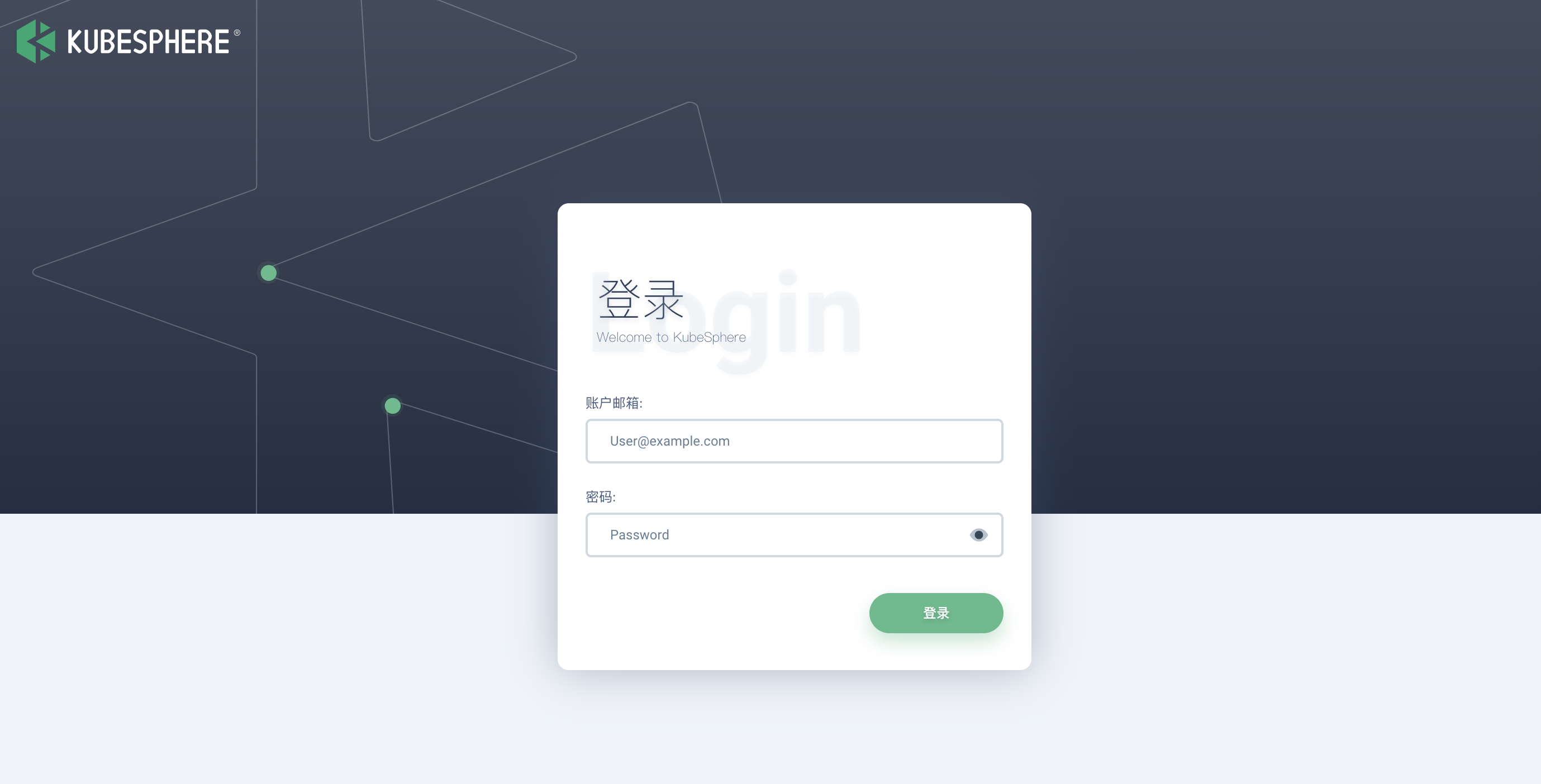Step 1:
We prepare there nodes of Proxmox ve 5.4
download Proxmox ve 5.4
URL: https://www.proxmox.com/en/downloads
youtube
Step 2:
when we finished the three nodes of Proxmox
We need git clone https://github.com/kubernetes-sigs/kubespray.git for establish k8s cluster.
Reference URL https://kubespray.io/#/
Step 3 :
$ git clone https://github.com/rook/rook.git for install rook ceph
$ cd rook/cluster/examples/kubernetes/ceph/
$ kubectl create -f common.yaml
$ kubectl create -f operator.yaml
$ kubectl create -f cluster.yaml
eg: modified cluster.yaml
apiVersion: ceph.rook.io/v1
kind: CephCluster
metadata:
name: rook-ceph
namespace: rook-ceph
spec:
cephVersion:
allowUnsupported: false
mon:
count: 3
allowMultiplePerNode: true
dashboard:
enabled: true
ssl: true
monitoring:
enabled: false
rulesNamespace: rook-ceph
network:
hostNetwork: false
rbdMirroring:
workers: 0
removeOSDsIfOutAndSafeToRemove: false
storage:
useAllNodes: false
useAllDevices: false
topologyAware: false
deviceFilter:
location:
config:
storeType: bluestore
nodes:
- name: "node1"
devices:
- name: "sdb"
- name: "node2"
devices:
- name: "sdb"
- name: "node3"
devices:
- name: "sdb"
Step 4:
cd rook/cluster/examples/kubernetes/ceph/csi/rbd/ for creating StorageClass
and the patch to local default storage
$ kubectl create -f storageclass.yaml
$ kubectl patch storageclass rook-ceph-block -p '{"metadata": {"annotations":{"storageclass.kubernetes.io/is-default-class":"true"}}}'
Step 5:
Now we can deploy KubeSphere v2.1
$ kubectl apply -f https://raw.githubusercontent.com/kubesphere/ks-installer/master/kubesphere-minimal.yaml
Done installed KubeSphere v2.1, nice work!
